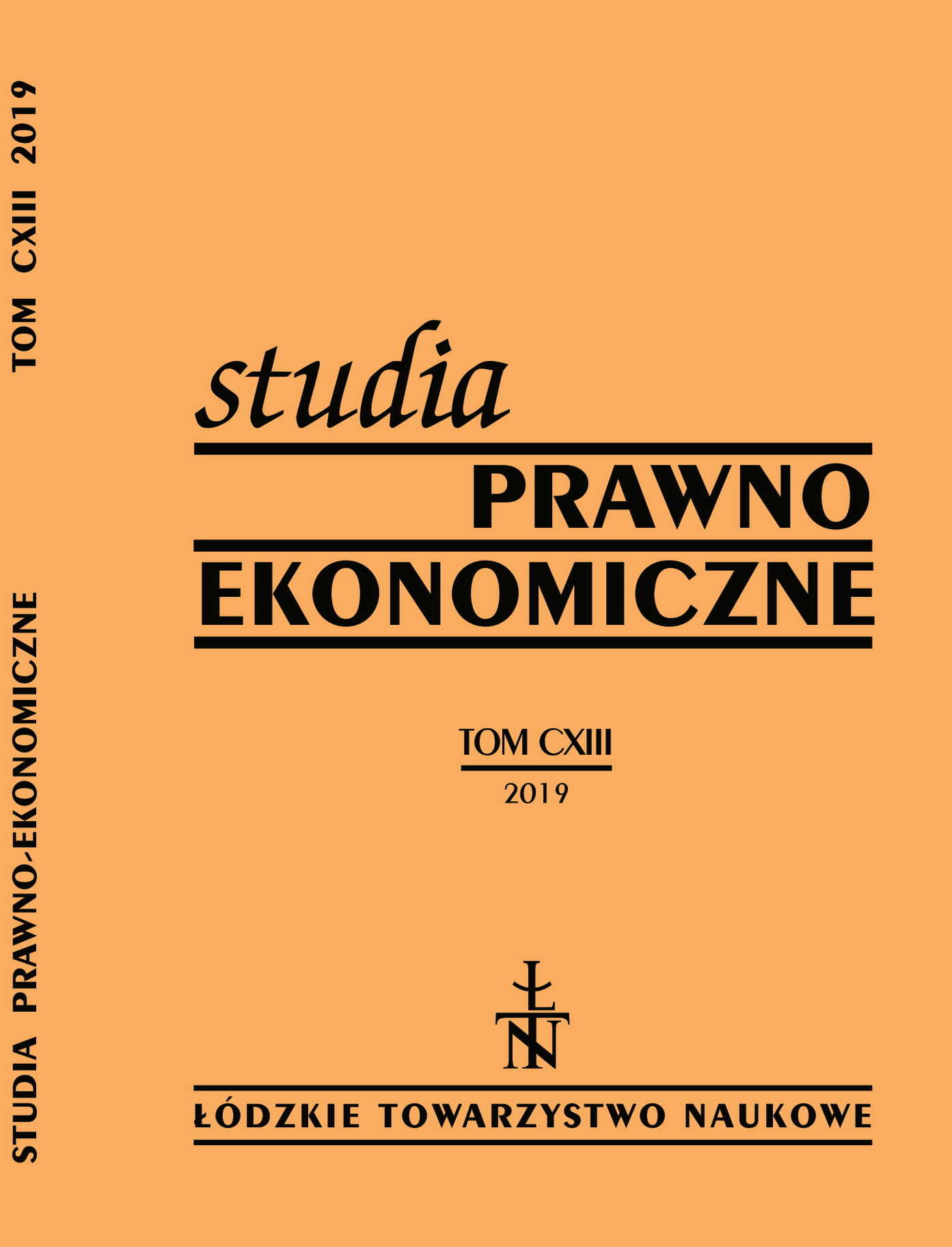Ustrojowe podstawy prawa pracy a kodyfikacja prawa pracy lat 2016–2018 – kilka refleksji
Constitutional grounds of labour law and labour law codification in the years 2016–2018 – a few thoughts
---
Author(s): Anna MusiałaSubject(s): Civil Law, Law on Economics
Published by: Łódzkie Towarzystwo Naukowe
Keywords: Codification Committee; human labour; axiology of labour law
Summary/Abstract: Background: The Labour Law Codification Committee worked from 15 September 2016 until 15 March 2018, and over these 18 months a team of 14 labour law experts was supposed to codify both individual and collective labour law. As you know, despite such a short timeframe, this Committee prepared two drafts: individual and collective labour law. Certain representatives of both employers and employees voted against the aforementioned drafts, yet they remained involved in the works until the end. In retrospect, this completely incomprehensible situation can be explained by the often lack of understanding of the political foundations of the state that determine the socio-economic order and, as a result, labour matters (in my opinion, it cannot be explained in any reasonable way, and I remember how lively discussions at meetings sometimes were, with numerous disagreements showing that the participants were absolutely poles apart, despite representing the same social partner). After all, the works on the labour code did not leave much room for manoeuvre for Committee members preparing its provisions. Thus, there is a question about the true reasons behind such a status quo. That is the subject matter of the study. Research purpose: The goal behind the present study is to find the answer to the question about the reasons behind ignoring the provisions of the Constitution, as these provisions should at all times be the guiding light when working on the draft code, thus defining the limits for the codification. At this point, I hypothesise that the Polish legal thinking about the labour law is unfortunately poorly rooted ideologically in the provisions of the Constitution in force, and the Constitution is sometimes deeply misunderstood as regards its subject matter, i.e. the socio-economic order, and the labour aspect to be precise. Conclusions: I think that the reasons behind this can be traced to the fact the Polish labour law of the transition period was not bound by any constitutional principles at all. It was made somewhat ‘on the side’, as a side effect of the economic changes, and any attempts at defining the labour regime that might override the economic changes have failed. Even the Constitution that entered into force in 1997, with its strong effort to determine this labour order, did not overcome the habit of lawmaking that is sometimes, in a way, axiologically detached from the provisions of the Constitution. What is more, the vision of a social market economy based on the solidarity of social partners and the recognition of worker’s dignity, among others, is hardly promoted, if at all.
Journal: Studia Prawno-Ekonomiczne
- Issue Year: 2019
- Issue No: 113
- Page Range: 139-153
- Page Count: 15
- Language: Polish

